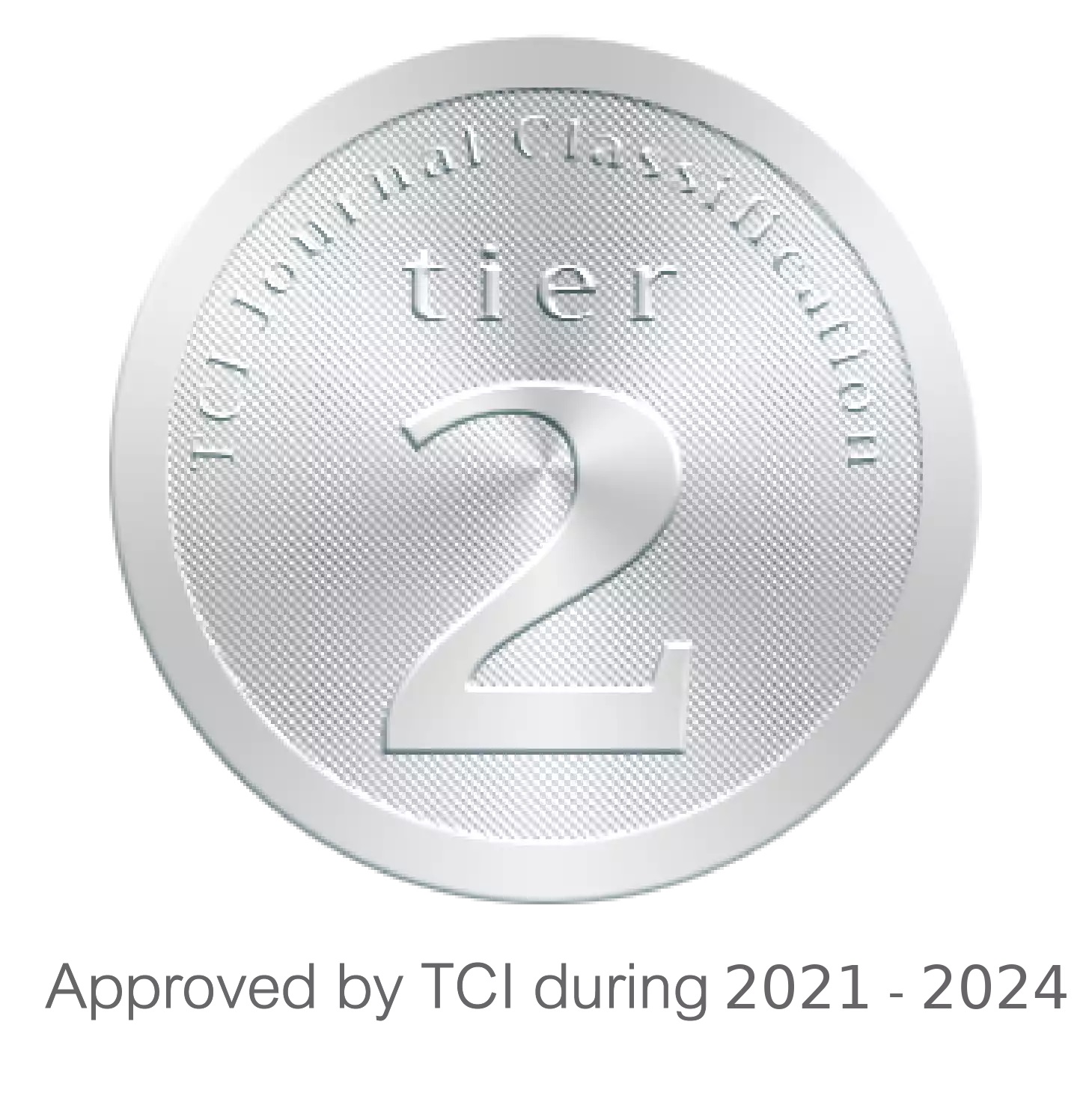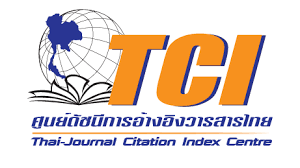คดีแรงงานที่มีลักษณะเป็นคดีปกครอง
-
คำสำคัญ:
-บทคัดย่อ
ระบบศาลไทยแต่เดิมเป็นระบบศาลเดี่ยว กล่าวคือ มีเฉพาะศาลยุติธรรมที่มีอำนาจพิจารณาพิพากษาอรรถคดีทั้งคดีแพ่ง คดีอาญา และคดีปกครอง แม้จะมีศาลทหาร แต่ศาลทหารก็ไม่มีบทบาทในระบบศาลที่จะเป็นตัวชี้วัดว่าเป็นระบบศาลเดี่ยวหรือศาลคู่ และก่อนปี พ.ศ.2540 ศาลยุติธรรมได้ดำเนินการจัดตั้งศาลแรงงาน ศาลภาษีอากร ศาลทรัพย์สินทางปัญญาและการค้าระหว่างประเทศ และศาลล้มละลาย ขึ้น อันเป็นศาลชำนัญพิเศษ ซึ่งลักษณะคดีแรงงาน คดีภาษี คดีทรัพย์สินทางปัญญาฯ และคดีล้มละลาย ต่างมีหน่วยงานทางปกครองหรือเจ้าหน้าที่ของรัฐกระทำการหรือละเว้นกระทำการที่ต้องปฏิบัติตามกฎหมายหรือต้องรับผิดชอบตามกฎหมาย อันเข้าลักษณะคดีปกครองรวมอยู่ด้วย ต่อมาวันที่ 11 ตุลาคม 2540 มีการประกาศใช้รัฐธรรมนูญแห่งราชอาณาจักไทย พุทธศักราช 2540 กำหนดให้มีศาลปกครองและศาลรัฐธรรมนูญขึ้น ระบบศาลไทยจึงเปลี่ยนเป็นระบบศาลคู่ โดยบทเฉพาะกาลกำหนดให้ดำเนินการจัดตั้งศาลปกครองให้แล้วเสร็จภายใน 2 ปี นับแต่วันประกาศใช้รัฐธรรมนูญดังกล่าว จึงมีการประกาศใช้ พ.ร.บ.จัดตั้งศาลปกครองและวิธีพิจารณาคดีปกครอง พ.ศ.2542 ในวันที่ 10 ตุลาคม 2542 ได้กล่าวแล้วว่าคดี 4 ประเภทดังกล่าวบางกรณีเข้าลักษณะคดีปกครองโดยเฉพาะคดีแรงงาน เพราะมีหน่วยงานทางปกครองและเจ้าหน้าที่ของรัฐเข้ามาเกี่ยวข้องอยู่มาก ด้วยเหตุนี้ พ.ร.บ. จัดตั้งศาลปกครองและวิธีพิจารณาคดีปกครอง พ.ศ.2542 จึงกำหนดว่า คดีที่อยู่ในอำนาจของศาลเยาวชนและครอบครัว และศาลชำนัญพิเศษทั้ง 4 ศาลดังกล่าว ไม่อยู่ในอำนาจของศาลปกครอง แต่บางคดีก็มีความคาบเกี่ยวว่าอยู่ในอำนาจของศาลแรงงานหรือศาลปกครอง จึงต้องมีคณะกรรมการวินิจฉัยชี้ขาดอำนาจหน้าที่ระหว่างศาล ที่มีประธานศาลฎีกาเป็นประธานเป็นผู้ขี้ขาดว่าอยู่ในอำนาจของศาลใด
The formal of Judiciary of Thailand was a single court system, which it was the Courts of Justice of Thailand of adjudicate on civil, criminal and administrative cases. Even it had a Military Court in Thailand, the military court had no role to play in the nudicial system to indicate of a single court system or dual court system. Before the year 1997, the Courts of Justice of Thailand has established called a Specialized Courts, which are Labour Court, Tax Court, Intellectual Property and International Trade Court, and Bankruptcy Court. In the labour cases, tax cases, intellectual property and international trade cases, and bankruptcy cases, they are under controlled from Administrative Agency or State Official to act or omission from complying with the law or liable for the law, which they were including in the type of Administration case. On October 11, 1997, the Constitution of the Kingdom of Thailand, Buddhist Era 2540 (1997) was promulgated and required to the Administration Court and the Constitution Court. Therefore, the formal of Judiciary of Thailand was changed from a single court system to dual court system, which transitory provision specified to establish the Administrative Court within two years as from the date of the promulgation of this Constitution. Consequently, Act on Establishment of Administrative Court and Administrative Court procedure, B.E. 1999 was promulgated on October 10, 1999. As described earlier, some of these four cases are sorted of Administrative cases especially in a labour case. The reason was the type of labour case involved with Administrative Agency and State Official. Consequently, Act on Establishment of Administrative Court and Administrative Court procedure, B.E. 1999 was required a case of Juvenile and Family Courts were not in Jurisdiction of Administrative Court and four specialized Courts were not in Jurisdiction of Administrative Court either. However, there were some cases overlap between Jurisdiction of Labour or Administrative Court; thus, Committee on Jurisdiction of Courts were essentials and the judgment of the Lord Chancellor in the Supreme Court of Thailand acts will be the final in all kinds of cases.









